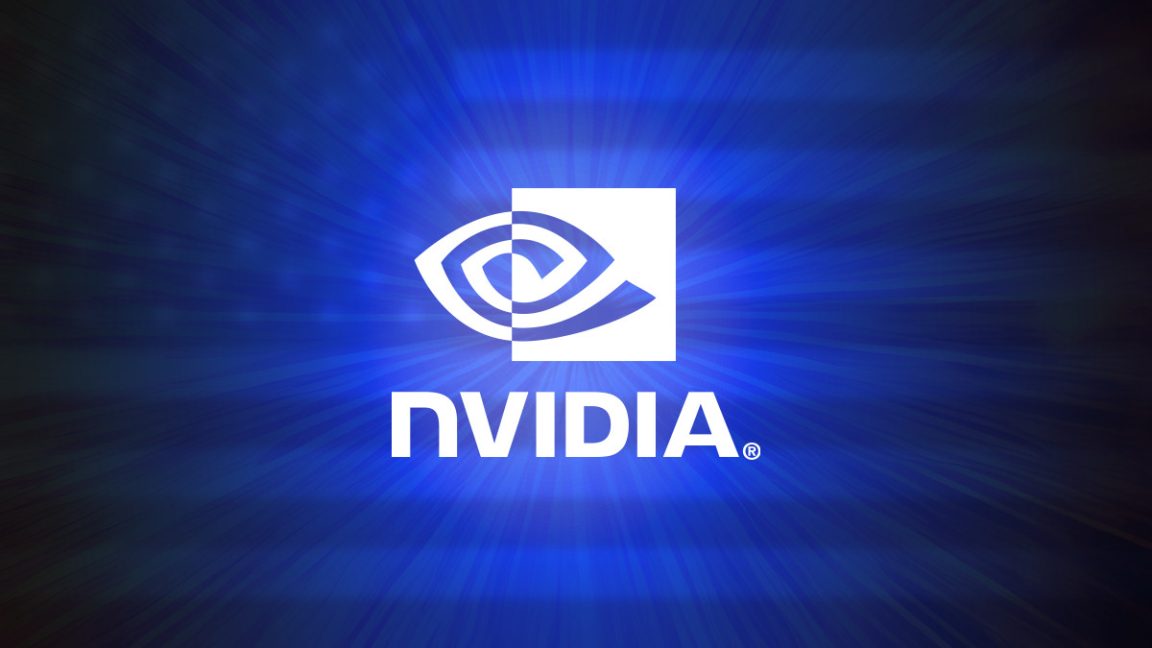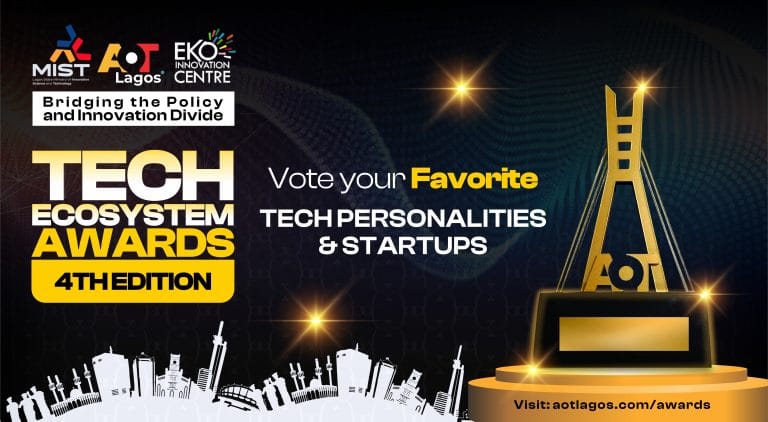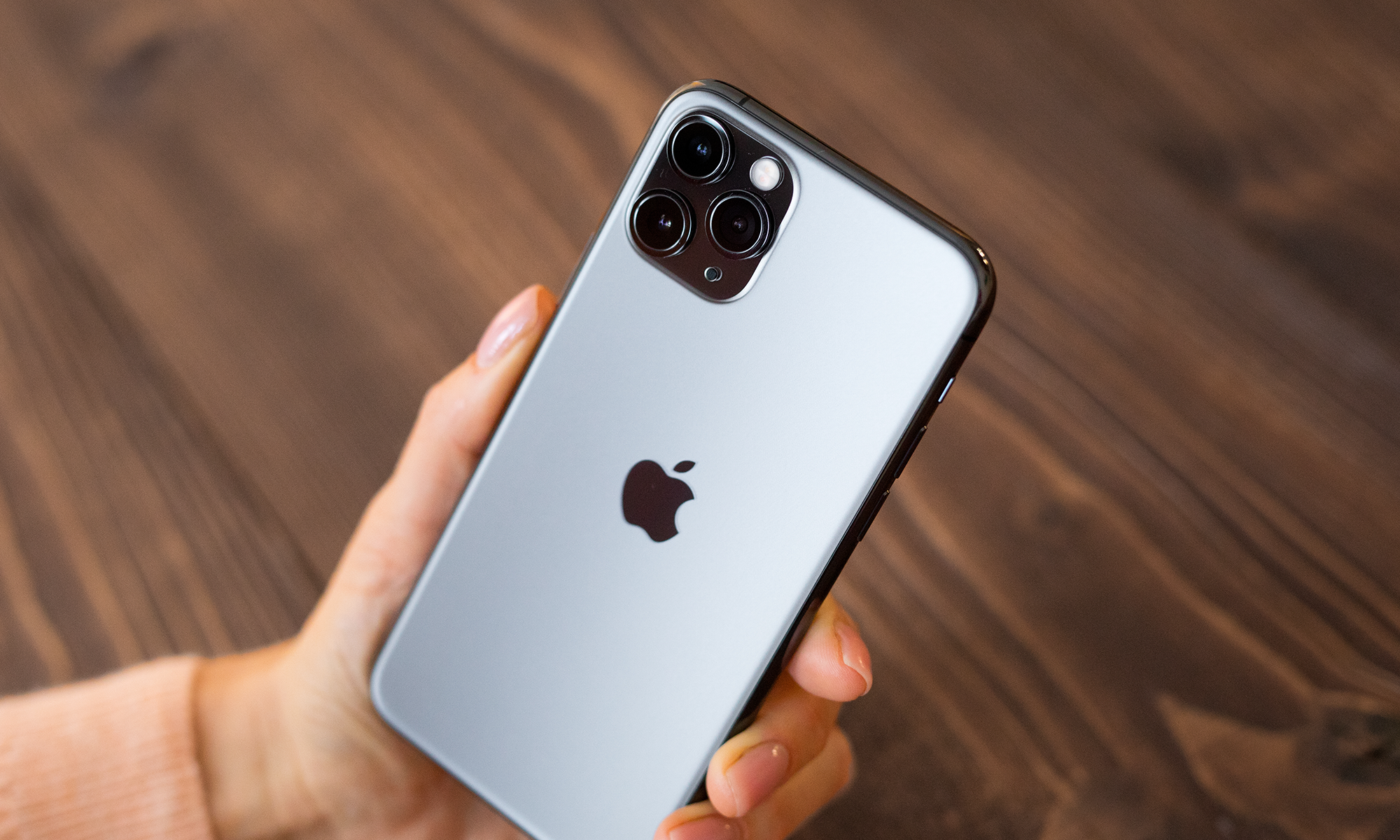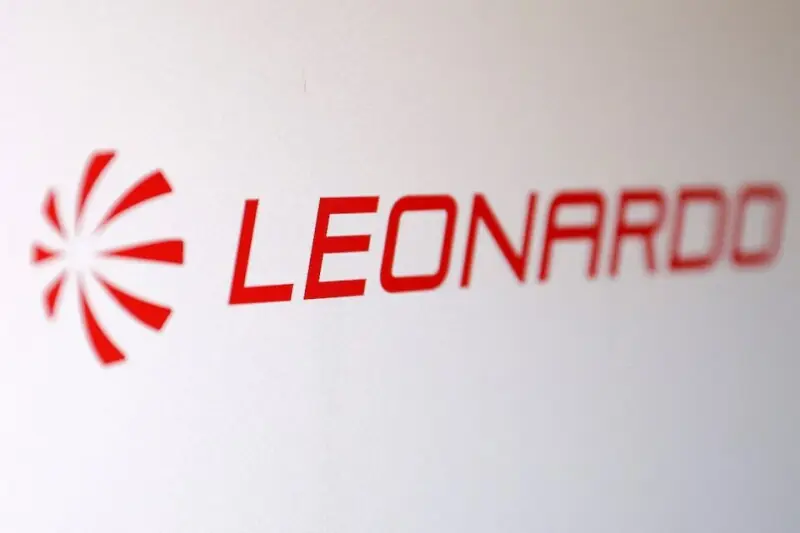Copyright Ars Technica

On Wednesday, Nvidia became the first company in history to reach a $5 trillion market capitalization, fresh on the heels of a GTC conference keynote in Washington, DC, where CEO Jensen Huang announced $500 billion in AI chip orders and plans to build seven supercomputers for the US government. The milestone comes a mere three months after Nvidia crossed the $4 trillion mark in July, vaulting the company past tech giants like Apple and Microsoft in market valuation but also driving continued fears of an AI investment bubble. Nvidia’s shares have climbed nearly 12-fold since the launch of ChatGPT in late 2022, as the AI boom propelled the S&P 500 to record highs. Shares of Nvidia stock rose 4.6 percent on Wednesday following the Tuesday announcement at the company’s GTC conference. During a Bloomberg Television interview at the event, Huang dismissed concerns about overheated valuations, saying, “I don’t believe we’re in an AI bubble. All of these different AI models we’re using—we’re using plenty of services and paying happily to do it.” Nvidia expects to ship 20 million units of its latest chips, compared to just 4 million units of the previous Hopper generation over its entire lifetime, Huang said at the conference. The $500 billion figure represents cumulative orders for the company’s Blackwell and Rubin processors through the end of 2026, though Huang noted that his projections did not include potential sales to China. While it probably feels like glory days for Nvidia at the moment, the success comes with a large dose of caution. Even prior to the latest valuation boom of the past 24 hours, the rapid rise in AI-related investments has fueled persistent concerns that market enthusiasm has outstripped the technology’s ability to deliver immediate economic value. Some analysts warn that valuations may be overheated. Matthew Tuttle, CEO of Tuttle Capital Management, told Reuters that “AI’s current expansion relies on a few dominant players financing each other’s capacity. The moment investors start demanding cash flow returns instead of capacity announcements, some of these flywheels could seize.” Partnerships and government contracts fuel optimism At the GTC conference on Tuesday, Nvidia’s CEO went out of his way to repeatedly praise Donald Trump and his policies for accelerating domestic tech investment while warning that excluding China from Nvidia’s ecosystem could limit US access to half the world’s AI developers. The overall event stressed Nvidia’s role as an American company, with Huang even nodding to Trump’s signature slogan in his sign-off by thanking the audience for “making America great again.” Trump’s cooperation is paramount for Nvidia because US export controls have effectively blocked Nvidia’s AI chips from China, costing the company billions of dollars in revenue. Bob O’Donnell of TECHnalysis Research told Reuters that “Nvidia clearly brought their story to DC to both educate and gain favor with the US government. They managed to hit most of the hottest and most influential topics in tech.” Beyond the political messaging, Huang announced a series of partnerships and deals that apparently helped ease investor concerns about Nvidia’s future. The company announced collaborations with Uber Technologies, Palantir Technologies, and CrowdStrike Holdings, among others. Nvidia also revealed a $1 billion investment in Nokia to support the telecommunications company’s shift toward AI and 6G networking. The agreement with Uber will power a fleet of 100,000 self-driving vehicles with Nvidia technology, with automaker Stellantis among the first to deliver the robotaxis. Palantir will pair Nvidia’s technology with its Ontology platform to use AI techniques for logistics insights, with Lowe’s as an early adopter. Eli Lilly plans to build what Nvidia described as the most powerful supercomputer owned and operated by a pharmaceutical company, relying on more than 1,000 Blackwell AI accelerator chips. The $5 trillion valuation surpasses the total cryptocurrency market value and equals roughly half the size of the pan European Stoxx 600 equities index, Reuters notes. At current prices, Huang’s stake in Nvidia would be worth about $179.2 billion, making him the world’s eighth-richest person.



